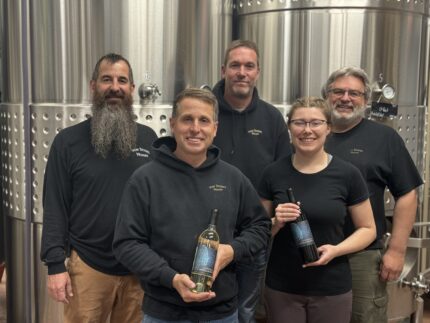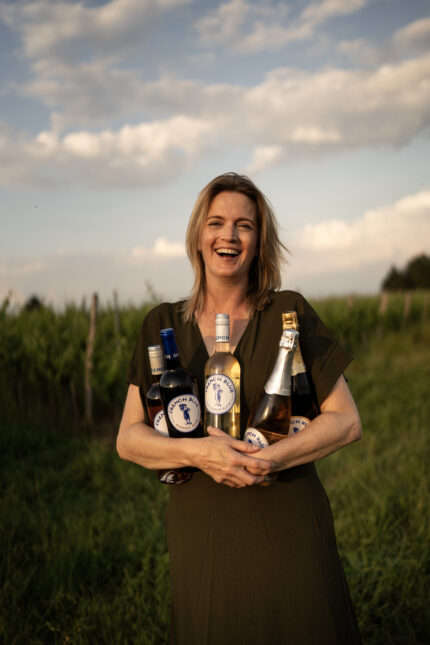“Sustainability” and “organic” have become prominent marketing buzzwords in the wine industry. Texas, until recently, reflected this trend without established statewide standards or a measurable framework. The state needed to contemplate the sustainable production of grapes and wine, seeking to establish a true sense of place. But until recently, there wasn’t an organized effort to do so.
My interest was immediately sparked when I discovered Associate Professor Dr. Colleen C. Myles’ collaborative work with Ab Astris Winery, Pedernales Cellars, and William Chris Wines to enhance sustainability in Texas wine.
Launching this month, the project will delve into the essentials of sustainability, encompassing economic viability, environmental stewardship, and social equity. The initiative aims to develop both conceptual and practical strategies for enhancing outcomes. Partners are committing their time upfront, with progress tracked in phases, and an “opt-out” option available.
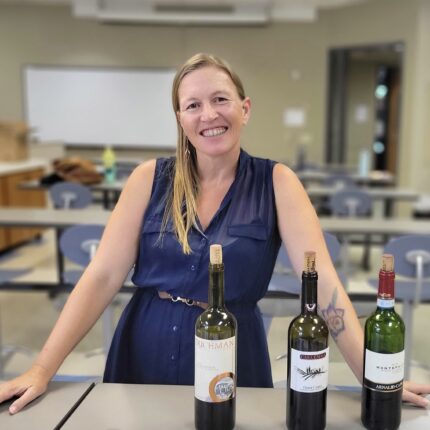
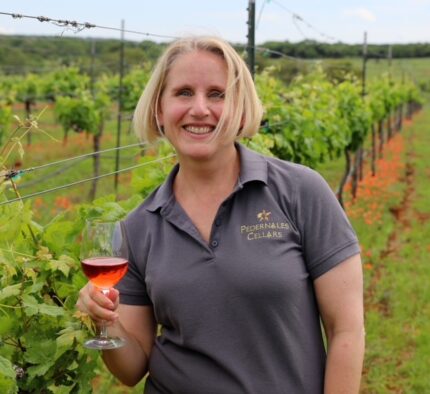
Earlier this year, Colleen and Julie (co-founder and CEO of Pedernales Cellars) talked at a Women for Wine Sense event about what sustainability really means and how Texas wineries can move faster in that direction. In my research, I couldn’t find any Texas winery with USDA Organic or Demeter Biodynamic certification, which shows how much the Texas wine industry needs to progress.
While sustainability efforts in the Texas wine industry are gaining momentum, the responsibility for driving progress falls on individual wineries due to the lack of state prioritization. Amid a global shift toward environmental responsibility and social consciousness, wineries are compelled to participate, considering it more of a necessity than an option.
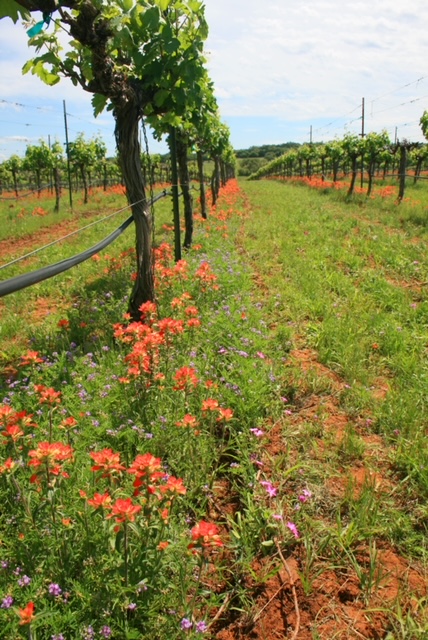
Pedernales Cellars has a clear sustainability statement: “We are focused on growing and operating our business prioritizing the economic, community, and environmental principles of sustainability across all departments and activities.” Their commitment to social responsibility extends to fair wages, paid time off for maternity and paternity leave, and health insurance for full-time staff. On the environmental front, they practice organic farming, minimizing, or eliminating synthetic herbicides and pesticides, planting cover crops for biodiversity, supplying organic waste to neighboring farms for reuse, embracing recycling, and sourcing 100 percent Texas fruit from local farmers.
The conversation between Julie and Colleen marked the beginning of a journey of exploration. Colleen, an Associate Professor in the Department of Geography and the Faculty Ombudsperson at Texas State University, brings a wealth of expertise as a cultural geographer and political ecologist. Her specialties include land and environmental management, urbanization, sustainability, and tourism, as well as geographies of wine, beer, and cider. Colleen authored the book “Fermented Landscapes,” Fermented Landscapes using fermentation as a lens to understand processes of landscape change in the realms of wine, beer, and cider. Heading the Fermented Landscapes Lab, she directs projects with the assistance of a team of students from Texas State.
According to Colleen, sustainability begins in the vineyard, emphasizing that “the taste comes from the place.” During her dissertation work, she observed a phenomenon unfolding along the 290 corridor, prompting her to delve deeper and uncover more about it.
I asked her about Texas’ progress when it comes to sustainability. She talked about how people are generally receptive, but the challenge of progress without established standards guiding outcomes makes it difficult to identify a starting point. Starting with small steps of determining how people can do things differently will help create what should be measured. She said, “We are at the very beginning of a practical evolution of this.”
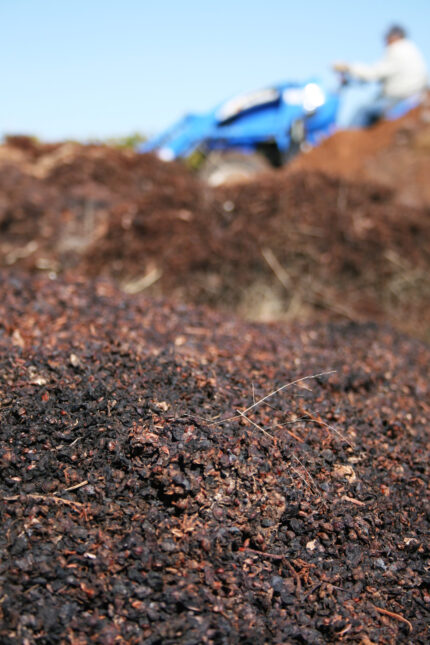
Achieving certifiable options and purposeful policy will require active engagement and funding from both the public and private sectors. Such efforts are essential to ensure that Texas wineries are maximizing the cultivation of local grapes in their vineyards. Establishing a policy serves the additional benefit of guiding and enhancing the overall approach to grapes growing in the state.
Last month, she and her graduate student met with the three cooperating wineries, and they will meet again toward the year’s end to chart a path for going forward. And, Colleen has been invited as part of the panel at the Texas Hill Country Wine Symposium in 2024,
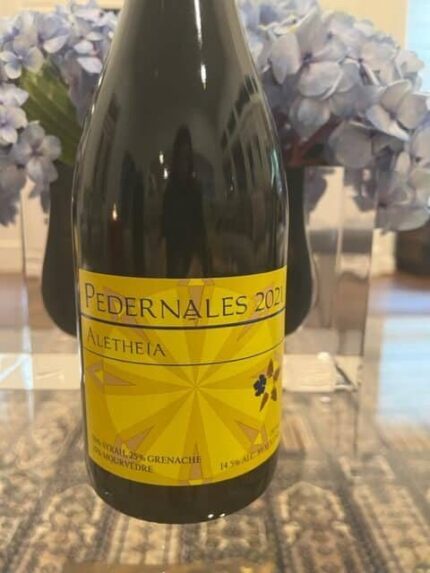
I had a conversation with Julie Kuhlken from Pedernales Cellars, one of the participating wineries. She talked about initiating a grassroots effort to establish a foundation for sustainability. Julie shared insights into the winery’s current practices, highlighting several sustainable principles. She specifically highlighted Aletheia, aptly named for its dedication to the pursuit of greater sustainability, as it embodies the concept of “truth” in using 100 percent Texas fruit using sustainable practices and minimal intervention. It was lovely – a balanced blend of black and red fruit, spice and aromas of violets.
She also talked about some of the pitfalls of organic production that make it hard to make that transition, but it’s a goal for the winery. “We need to figure out how to make sustainability for everyone and how we can all do better”, she said.
And I love to see the beginning of wineries and researchers figuring it out together. I hope that the state steps up to form and fund an organized way for the sustainable production of grapes and wine to measure success.

